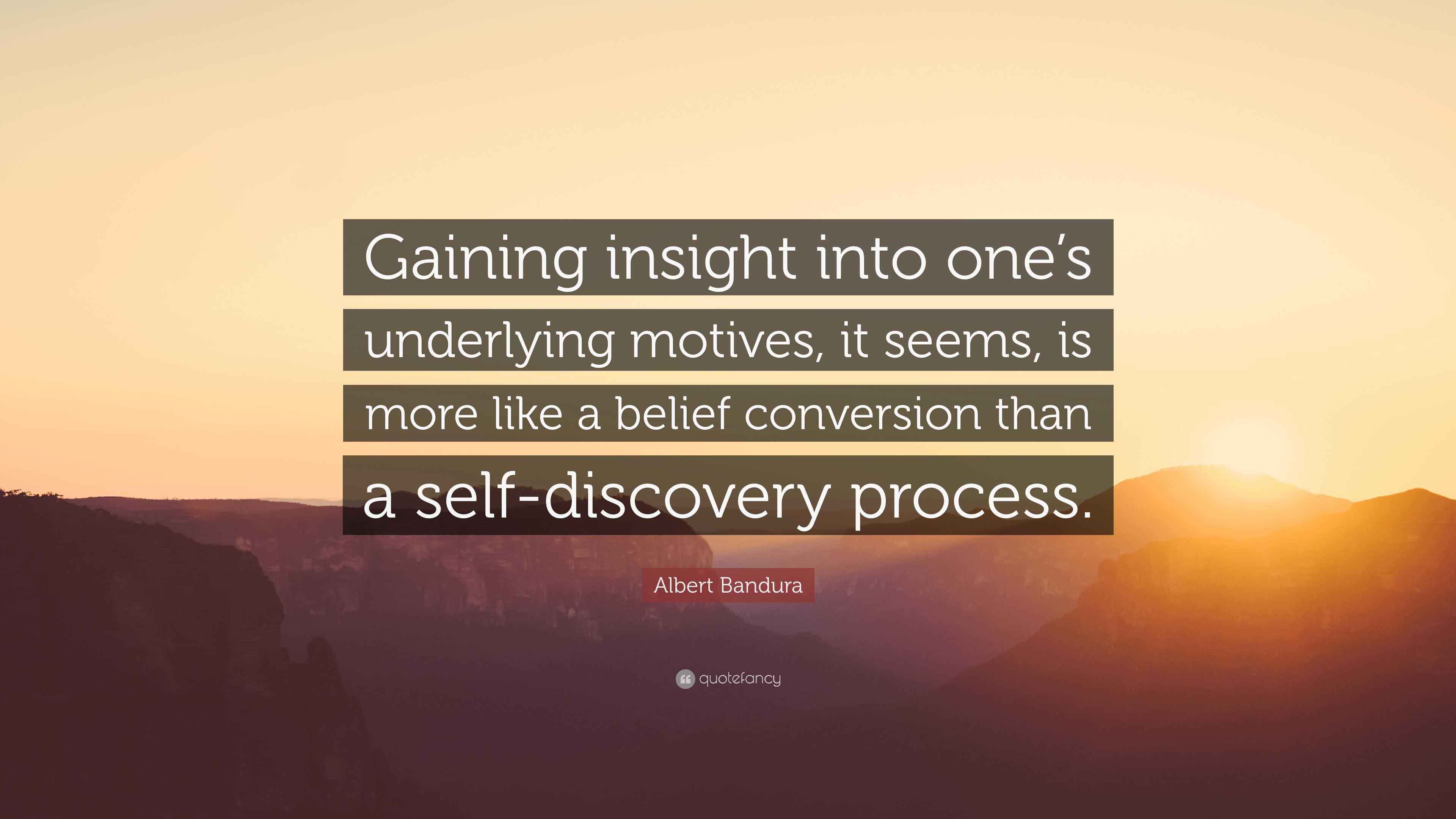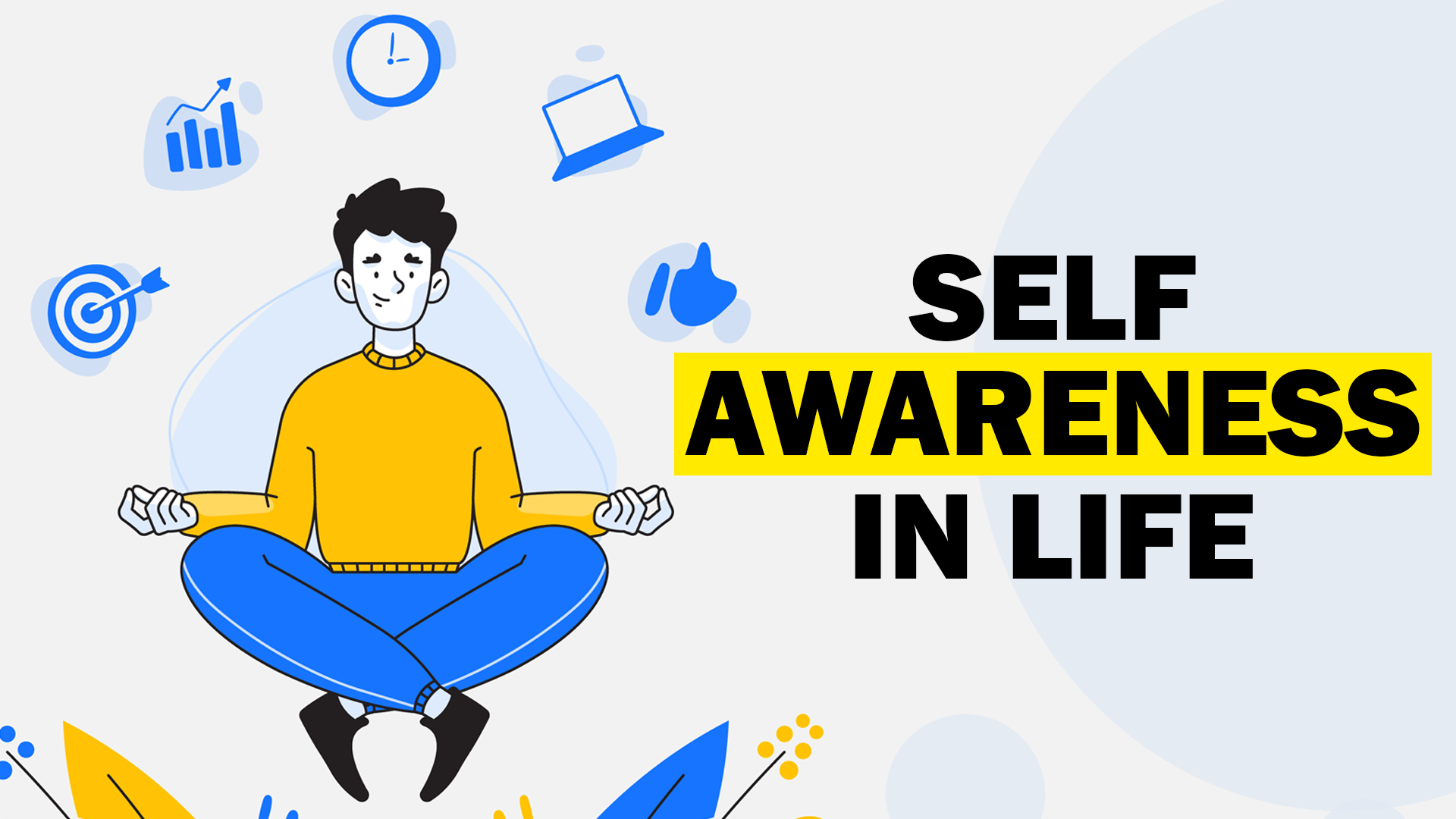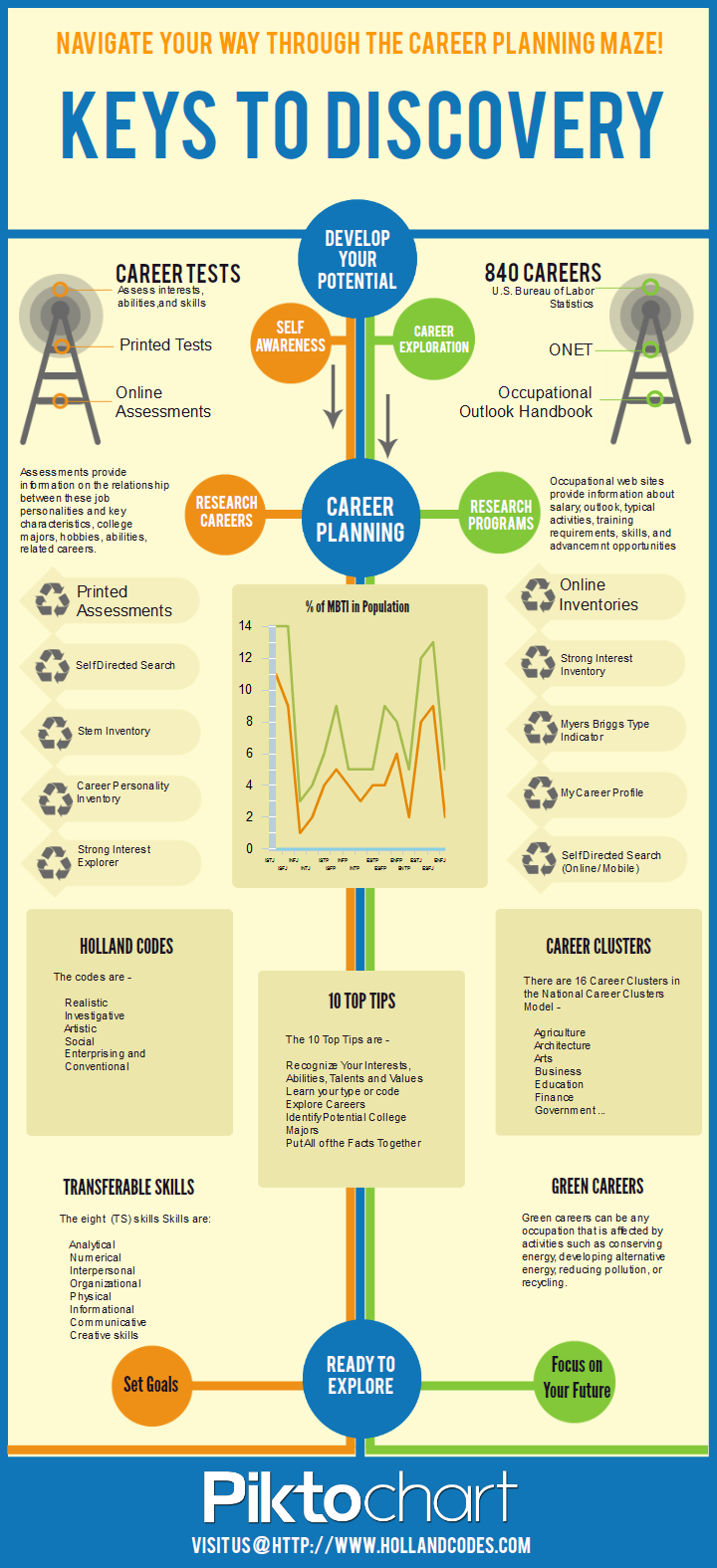Self-Discovery Presentation
| Introduction to Self-Discovery | ||
|---|---|---|
| Self-discovery is the process of gaining insight into one's own identity, values, and purpose. It involves exploring and understanding one's strengths, weaknesses, passions, and beliefs. Self-discovery is a lifelong journey that leads to personal growth and fulfillment. | ||
| 1 | ||
| Benefits of Self-Discovery | ||
|---|---|---|
| Increased self-awareness allows individuals to make better choices and decisions aligned with their authentic selves. Self-discovery helps to cultivate a positive self-image and boosts self-confidence. It enhances emotional intelligence and improves relationships with oneself and others. | ||
| 2 | ||
| Methods for Self-Discovery | ||
|---|---|---|
| Journaling: Writing down thoughts, feelings, and reflections can help uncover patterns and inner desires. Mindfulness and meditation: These practices promote self-reflection and create space for self-discovery. Seeking feedback from trusted individuals: Seeking input from others can provide valuable insights and perspectives. | ||
| 3 | ||
| Challenges in Self-Discovery | ||
|---|---|---|
| Fear of change: The process of self-discovery often involves stepping out of comfort zones, which can be intimidating. Lack of self-compassion: Being too critical of oneself can hinder the process of self-discovery. External influences: Societal expectations and the opinions of others can cloud one's self-perception. | ||
| 4 | ||
| Self-Discovery and Personal Growth | ||
|---|---|---|
| Self-discovery leads to personal growth by allowing individuals to identify areas for improvement and set meaningful goals. It encourages continuous learning and development, enabling individuals to reach their full potential. Self-discovery helps individuals find purpose and meaning in life, leading to a more fulfilling existence. | ||
| 5 | ||
| Self-Discovery and Career Development | ||
|---|---|---|
| Understanding one's strengths, interests, and values through self-discovery can guide career choices. It helps individuals align their career paths with their passions, increasing job satisfaction. Self-discovery enables individuals to identify and pursue opportunities that are in line with their true selves. | ||
| 6 | ||
| Self-Discovery and Relationships | ||
|---|---|---|
| Self-discovery enhances relationships by fostering self-acceptance and authenticity. It allows individuals to communicate their needs and boundaries effectively, leading to healthier relationships. Self-discovery helps individuals attract and maintain meaningful connections with others. | ||
| 7 | ||
| Self-Discovery and Mental Well-being | ||
|---|---|---|
| Self-discovery promotes self-care and self-compassion, which are crucial for maintaining mental well-being. Understanding oneself better can help manage stress, anxiety, and other mental health challenges. Self-discovery empowers individuals to prioritize their mental health and seek support when needed. | ||
| 8 | ||
| Self-Discovery and Life Transitions | ||
|---|---|---|
| Self-discovery is particularly valuable during life transitions, such as career changes or major life events. It provides clarity and direction, helping individuals navigate through challenging times. Self-discovery during life transitions can lead to personal growth, resilience, and adaptability. | ||
| 9 | ||
| Conclusion | ||
|---|---|---|
| Self-discovery is a transformative process that leads to personal growth, fulfillment, and authenticity. It is a lifelong journey that requires self-reflection, exploration, and self-acceptance. Embracing self-discovery can lead to a more meaningful and purposeful life. | ||
| 10 | ||
| References (download PPTX file for details) | ||
|---|---|---|
| Brooke, S. (2019). The Power of Self-Discover... MindTools. (n.d.). Self-Discovery: Understand... PsychAlive. (n.d.). The Importance of Self-Di... |  | |
| 11 | ||








